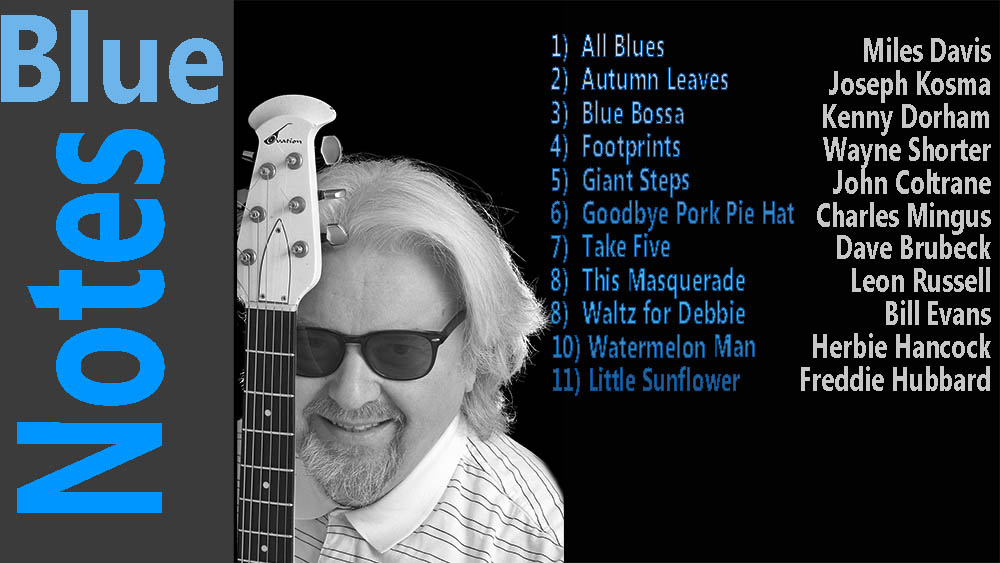Waltz for Debbie

Download Waltz for Debbie here as an MP3
Play: Waltz for Debbie
I've always loved this track by Bill Evans. Bill, as far as I can tell, never recorded his own material on Blue Note but I think he may well have done as a sideman. In contrast to the rest of the tracks on my album I've not mixed it up, I've approached this very simply and traditionally. I don't get to do 3/4 often and appreciate the possibilities when I do. It made for a nice solo played on my Nylon stringed electro acoustic.
Musical analysis of Waltz for Debbie by Bill Evans
"Waltz for Debby" is a beautiful and poignant jazz standard composed by Bill Evans. Here's a musical analysis:
1. Harmonic Sophistication: Like many of Bill Evans' compositions, "Waltz for Debby" features rich and sophisticated harmonies. It's characterized by its use of lush voicings, extended chords, and harmonic substitutions. The harmonies create a dreamy and introspective atmosphere, adding depth to the melody and improvisations.
2. Melodic Simplicity: Despite its harmonic complexity, the melody of "Waltz for Debby" is relatively simple and memorable. It's built around a gentle waltz rhythm, with graceful ascending and descending phrases that evoke a sense of nostalgia and tenderness. The simplicity of the melody allows for interpretation and improvisation while maintaining an emotional resonance.
3. Form: The composition follows a standard 32-bar AABA form. The A sections feature the main waltz melody, while the B section provides contrast with a more lyrical and introspective mood. Evans often explores different harmonic and melodic variations throughout the performance, adding depth and interest to the piece.
4. Rhythmic Feel: "Waltz for Debby" is, as the title suggests, a waltz. The 3/4 time signature gives it a gentle and flowing rhythmic feel, enhancing its lyrical and emotive qualities. Evans' pianistic touch and rhythmic sensitivity bring out the inherent beauty of the waltz rhythm, creating a sense of elegance and grace.
5. Interplay: Evans composed "Waltz for Debby" as a tribute to his niece, and the intimacy and warmth of the composition are reflected in the interplay between the musicians. The piece often features sensitive and empathetic improvisational exchanges, with each musician contributing to the collective expression of emotion and meaning.
6. Legacy: "Waltz for Debby" has become a jazz standard and is widely regarded as one of Bill Evans' signature compositions. Its timeless beauty and emotional depth have captivated audiences and musicians alike, ensuring its enduring legacy in the jazz repertoire.
Conclusion
Overall, "Waltz for Debby" exemplifies Bill Evans' genius as both a composer and a pianist, showcasing his ability to blend harmonic sophistication with emotional depth and lyrical beauty.